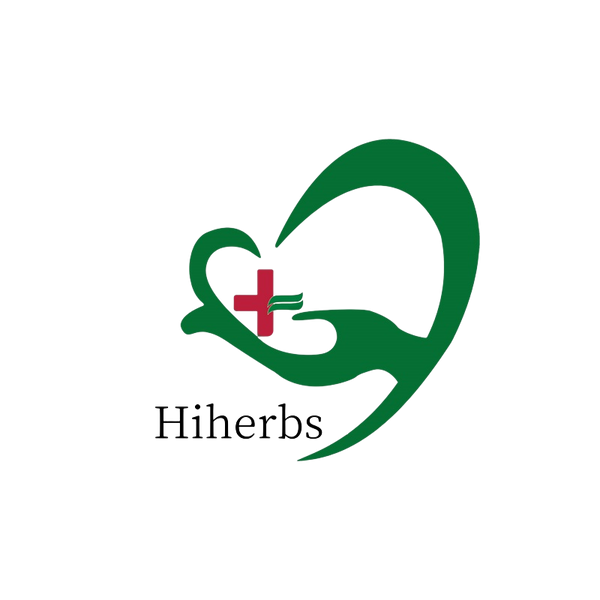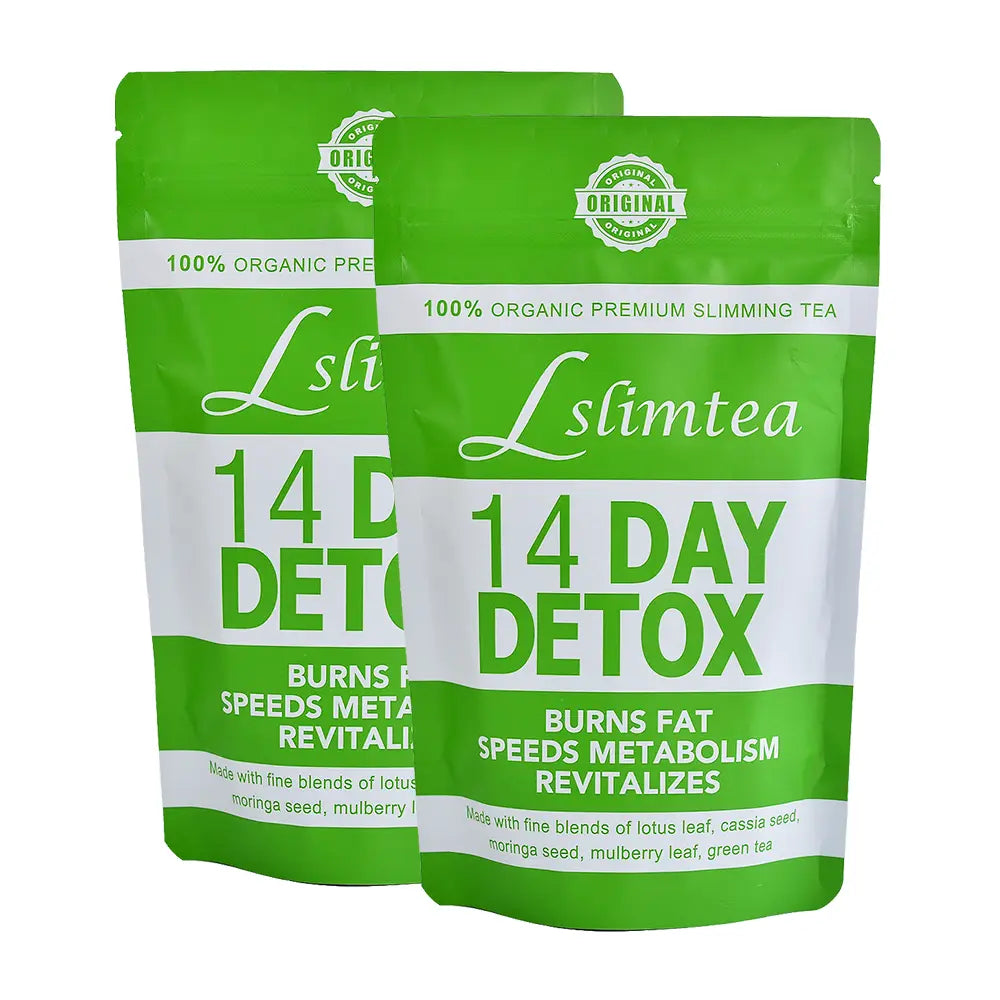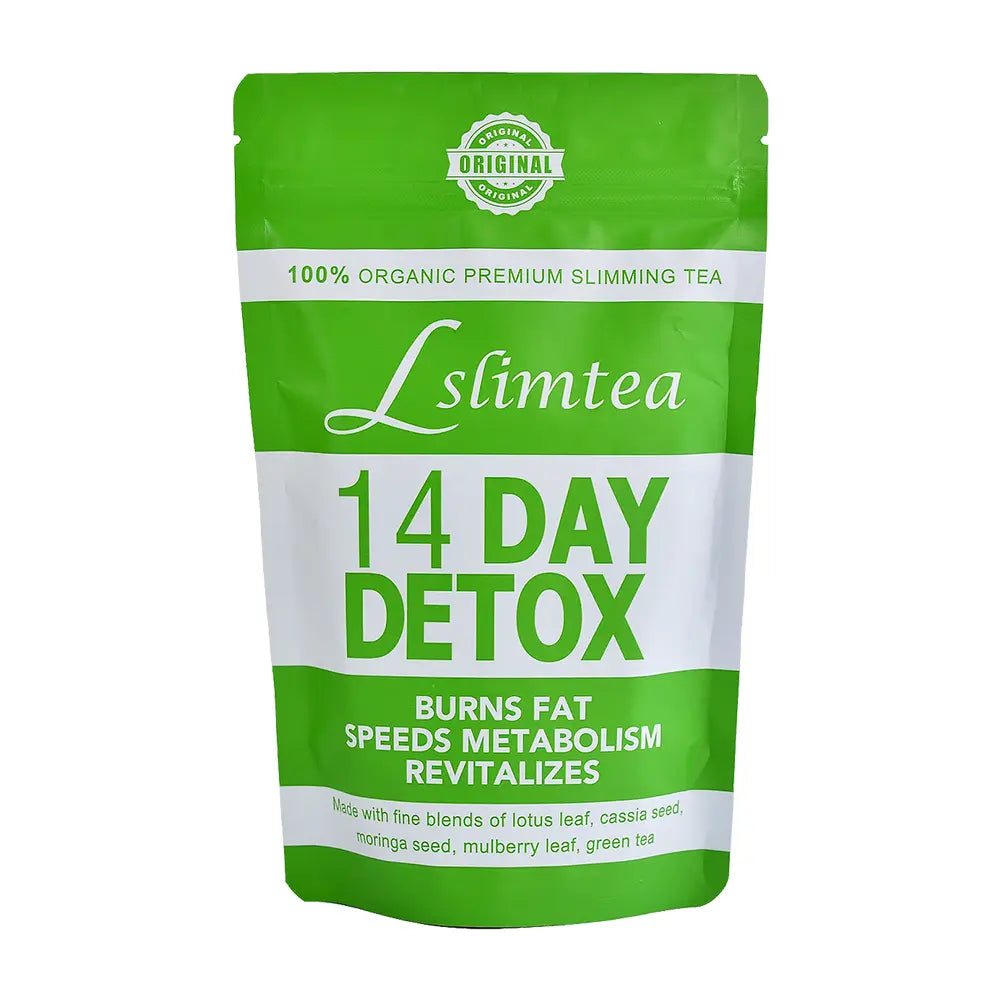What is Yin and Yang?
HiherbsOfficial
Share
Yin and Yang originally referred to the sunny side and the shady side of a mountain. Later, the ancients discovered that everything in nature has two opposing sides, such as a mountain having a sunny and a shady side, humans having male and female genders, the moon having its waxing and waning phases, day having light and night having darkness, and the year having cold winters and hot summers.
Modern science has further discovered that magnetic fields have north and south poles, and electrons have positive and negative charges. Although these things are relative, they grow and diminish, advance and retreat against each other, and under certain conditions, one side can even transform into its opposite. This dynamic balance is a crucial law of how Heaven and Earth operate. Thus, the ancients believed that the world is composed of two parts, Yin and Yang, which are interdependent, opposing, and transform into each other, maintaining the balance of the universe. However, if Yin and Yang are out of harmony, negative consequences will arise.
"Yin and Yang" in Traditional Chinese Medicine (TCM)
The philosophy of Yin and Yang is the foundation of traditional Chinese medicine also called TCM a holistic healing system practiced for thousands of years. The qualities of Yin include cold and cool dimness, descending, stillness, introversion, heaviness and so on. Conversely, The qualities of yang include warm and forth, bright, ascending, movements, extraversion, light, clearness, and so on.
According to traditional Chinese medicine, health is the harmonious balance of these two forces. When the balance between yin and yang is disrupted, it can lead to illness. Traditional Chinese medicine employs various techniques to restore this balance and promote recovery.
Imbalance Means Illness
Yang Deficiency: Fear of cold, drowsiness during the day (like a "furnace" lacking energy).
Yin Deficiency: Insomnia, irritability (like a "reservoir" dried up).
Treatment Principles
Treat cold syndromes with warm herbs (e.g., ginger to dispel cold).
Treat heat syndromes with cooling herbs (e.g., chrysanthemum to clear heat).
Modern Scientific Validation of Yin and Yang
Cellular Metabolism: The TCM concepts of "Yin, Yang, Qi, and Blood" correspond to cellular energy conversion. Yin forms substance (material storage), while Yang transforms into Qi (energy release).
Systems Science: The human body is a dynamic balance system of "matter and energy." Illness originates from uncontrolled management (Yin-Yang imbalance).
Modern behaviors like staying up late (consuming Yang) or prolonged sitting (stagnating Yin) are essentially breaking the laws of Yin and Yang!
How to Guide Life with Yin and Yang?
Diet: In summer, eat less ice (to protect Yang); in winter, moderately consume warming foods (to nourish Yin).
Daily Routine: Work when the sun rises (follow Yang); rest when the sun sets (assist Yin).
Emotions: When agitated, calm your mind (contain Yang); when depressed, exercise (raise Yang).
In Conclusion
Yin and Yang are not superstitions, but rather the ultimate model for ancient people to observe nature and interpret life. From the Huangdi Neijing of Internal Medicine to modern medicine, it consistently conveys one message: balance is the core of health.
Glossary of TCM Terms
Yin (阴): In TCM, refers to the feminine, passive, cold, dark, moist, internal, and descending aspects. It represents substance, structure, and cooling functions.
Yang (阳): In TCM, refers to the masculine, active, hot, bright, dry, external, and ascending aspects. It represents function, energy, and warming activities.
Yang Deficiency (阳虚): A TCM pattern characterized by insufficient Yang energy, leading to symptoms like cold intolerance, fatigue, and low energy.
Yin Deficiency (阴虚): A TCM pattern characterized by insufficient Yin substances (like fluids or cooling energy), leading to symptoms like dryness, heat sensations (night sweats, hot flashes), and irritability.
Cold Syndromes (寒症): TCM patterns characterized by cold symptoms, often treated with warming herbs.
Heat Syndromes (热症): TCM patterns characterized by heat symptoms, often treated with cooling herbs.
Yin, Yang, Qi, and Blood (阴阳气血): Fundamental components and concepts in TCM that describe the body's physiological processes and health status.
Yin forms substance (阴成形): Refers to the Yin aspect's role in the materialization and storage of matter in the body.
Yang transforms into Qi (阳化气): Refers to the Yang aspect's role in the transformation and release of energy.
Huangdi Neijing (黄帝内经): One of the oldest and most important texts of TCM, considered a foundational work that systematically outlines TCM theory, including Yin-Yang, Five Elements, and meridian theory.










